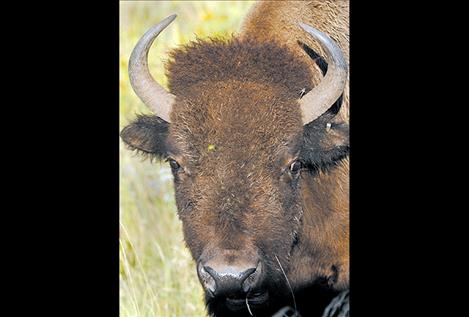CSKT to implement fire prevention plan at National Bison Range
Hey savvy news reader! Thanks for choosing local.
You are now reading
3 of 3 free articles.
News from the Confederated Salish and Kootenai Tribes
PABLO — At the request of the U.S. Fish & Wildlife Service, 10 CSKT Tribal Fire Control employees will implement a federal fire prevention plan at the National Bison Range.
The three-year plan is part of a Department of the Interior fuels management funding program referred to as the Reserved Treaty Rights Land Initiative and will treat an estimated 4,500 acres of forest and grassland. This includes 1,000 acres of thinning/mechanical pile treatments, 1,950 acres of prescribed fire treatments, 1,550 acres of noxious weed treatments and the carrying out of research to collect data to aid future ecological planning and fuels/fire treatment.
Federal employees designed the plan that will be carried out by a tribal work force.
The collaborative federal program treats and restores lands either near or within Indian reservations. The work helps remedy the buildup of fuels caused by past federal management fire suppression practices that excluded indigenous fire-use practices. CSKT is also doing similar work in the Lolo National Forest.
The Tribes work closely with the Lolo National Forest and National Bison Range on cultural resource issues, border fire responses, multi-jurisdictional large fire management and cooperative training and fire prevention activities. Collaborative activities date back to 1995, which include contributions like prescribed fire plan writing expertise and supplying workers and equipment to implement maintenance projects within the range complex. Collaborative work took place on the NBR in the form of prescribed fire-burn plan assistance, manpower, and fire suppression resources. The NBR and CSKT continue to maintain an annual fuels treatment MOU and Mutual Aid Fire Suppression Agreement.
For more questions about the Reserved Treaty Rights Land Initiative project, contact C.T. Camel at the CSKT Fire Control offices 406-675-2550, Ext. 6407 or charlesc@cskt.org.
















